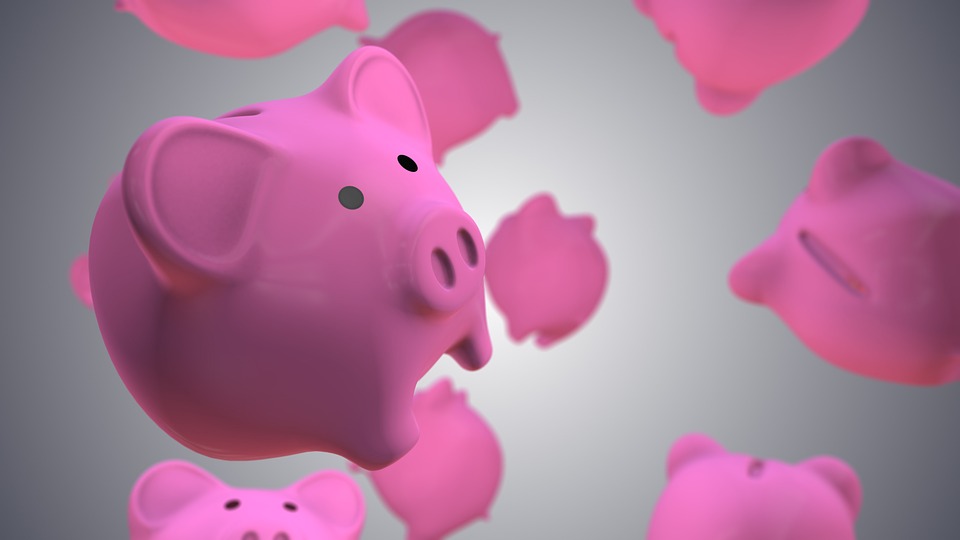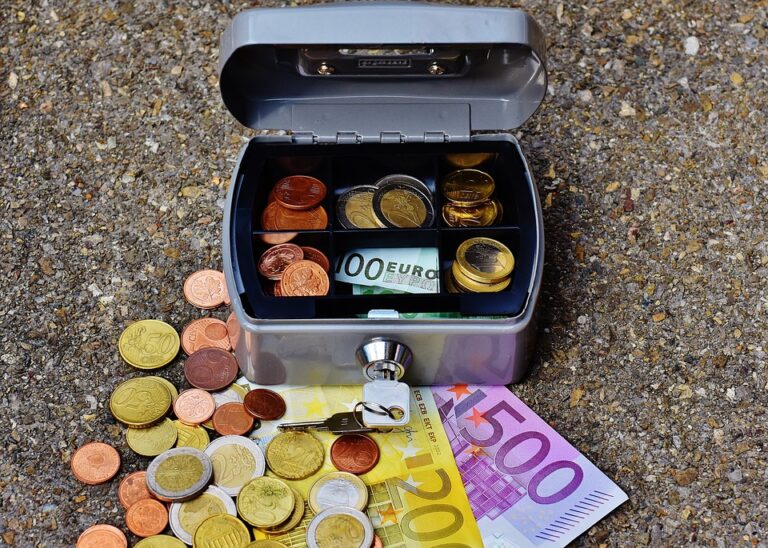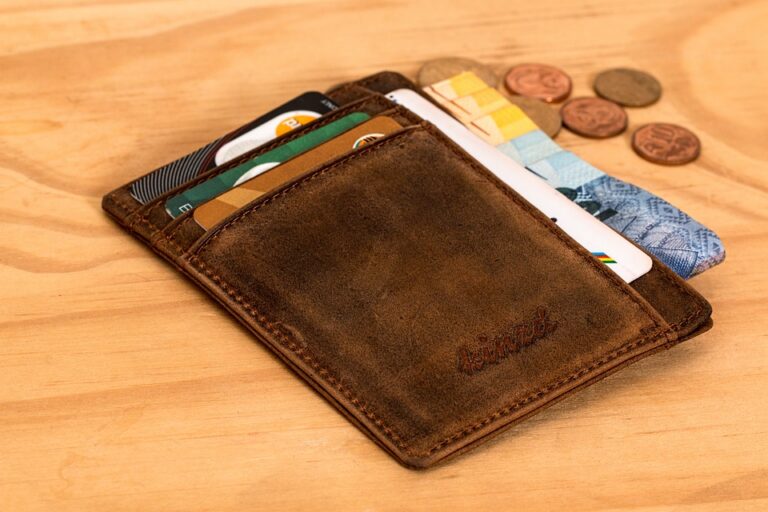Last updated Feb. 20, 2025 by Charles Zemub
As a freelance artist, managing your finances can be as intricate as the masterpieces you create. Balancing creativity with the pragmatics of income, expenses, and financial planning is crucial for sustaining your career and achieving long-term financial stability. Many artists venture into freelancing to escape the constraints of traditional employment, only to find themselves entangled in a web of financial complexities. By mastering the art of money management, freelance artists can not only survive but thrive in their creative pursuits. Here’s a comprehensive guide to help freelance artists achieve financial stability.
Understanding Irregular Income
Freelance artists often grapple with the unpredictability of income, which can vary significantly from month to month. Unlike salaried employees who receive consistent paychecks, freelancers must manage fluctuating earnings. It’s essential to develop a robust financial strategy to navigate this uncertainty.
Building a Budget
A budget is the cornerstone of financial management for freelance artists. Start by analyzing your average monthly income and expenses. Use conservative estimates to avoid overspending during lean months. Categorize expenses into fixed (rent, utilities) and variable (supplies, entertainment) to maintain clarity. Tracking your spending habits will reveal areas where you can cut back and allocate more funds toward savings or investments.
Creating an Emergency Fund
An emergency fund acts as a financial cushion during periods of low income or unexpected expenses. Aim to save three to six months’ worth of living expenses. This fund will provide peace of mind, allowing you to focus on your art without the constant pressure of financial insecurity.
Diversifying Income Streams
Relying solely on one source of income can be risky for freelance artists. Consider diversifying your revenue streams by exploring multiple avenues such as teaching art classes, selling prints, or offering commissioned work. This strategy not only increases your income potential but also provides a safety net during slow periods.
✓ Short Answer
To manage money effectively, freelance artists should focus on budgeting, creating an emergency fund, and diversifying income streams. Maintaining detailed financial records and exploring passive income opportunities can also enhance financial stability. Seeking professional advice and using financial tools can help artists gain better control over their finances.
Maintaining Financial Records
Accurate and organized financial records are vital for understanding your financial health and preparing for tax obligations.
Invoicing and Receipts
Create a professional invoicing system to ensure timely payments and maintain client relationships. Keep track of all receipts related to your business expenses, as these can be deducted during tax season.
Tax Planning
As a freelancer, you’re responsible for managing your tax obligations. Familiarize yourself with the tax regulations applicable in your country and consider setting aside a percentage of your income for taxes each month. Hiring a tax professional can help you navigate complex tax laws and identify potential deductions specific to artists.
Exploring Financial Tools
In today’s digital age, numerous financial tools can simplify money management for freelance artists.
Budgeting Apps
Consider leveraging budgeting apps like Mint or YNAB to track your income and expenses in real time. These apps can help you identify spending patterns and set financial goals.
Accounting Software
Accounting software such as QuickBooks or FreshBooks can streamline your bookkeeping processes, making it easier to generate financial reports and prepare for tax season. These platforms offer features tailored to freelancers, such as time tracking and invoice creation.
Professional Financial Advice
Seeking professional financial advice can provide valuable insights and strategies tailored to your unique circumstances.
Financial Advisors
Consulting a financial advisor who specializes in working with freelancers can help you develop a personalized financial plan. They can offer advice on retirement savings, investment opportunities, and long-term financial goals.
Artistic Organizations
Many artistic organizations offer financial resources and workshops to assist freelance artists. Joining such organizations can provide networking opportunities and access to valuable financial guidance.
Benefits of Long-Term Financial Planning
Investing time in long-term financial planning can significantly impact a freelance artist’s career trajectory.
Retirement Savings
Unlike traditional employees, freelance artists must take charge of their retirement savings. Consider opening an individual retirement account (IRA) or a self-employed retirement plan. Regular contributions to these accounts can ensure a secure financial future.
Investment Strategies
Explore investment opportunities to grow your wealth over time. Diversifying your investment portfolio with a mix of stocks, bonds, and mutual funds can mitigate risks and enhance returns.
FAQs: Managing Money as a Freelance Artist
1. How can I stabilize my income as a freelance artist?
Diversifying income streams, maintaining a consistent creative output, and setting competitive pricing for your work can contribute to more stable earnings.
2. Why is an emergency fund important for freelancers?
An emergency fund provides financial security during periods of low income or unexpected expenses, reducing stress and ensuring continuity in your artistic pursuits.
3. What are common tax deductions for freelance artists?
Common tax deductions include expenses for art supplies, studio rent, marketing, and professional development. Consult a tax professional for advice specific to your situation.
4. How can I track my finances effectively?
Utilize budgeting apps and accounting software to monitor your income and expenses. Regular financial reviews can help you make informed financial decisions.
5. Is it necessary to hire a financial advisor?
While not necessary, a financial advisor can provide valuable insights and assist in creating a financial plan tailored to your needs, enhancing your financial security.
In conclusion, effectively managing your finances as a freelance artist requires a combination of budgeting skills, strategic planning, and utilizing available resources. By developing strong financial habits and seeking professional advice when needed, freelance artists can achieve financial stability, allowing them to focus on their passion for creativity without financial stress.




